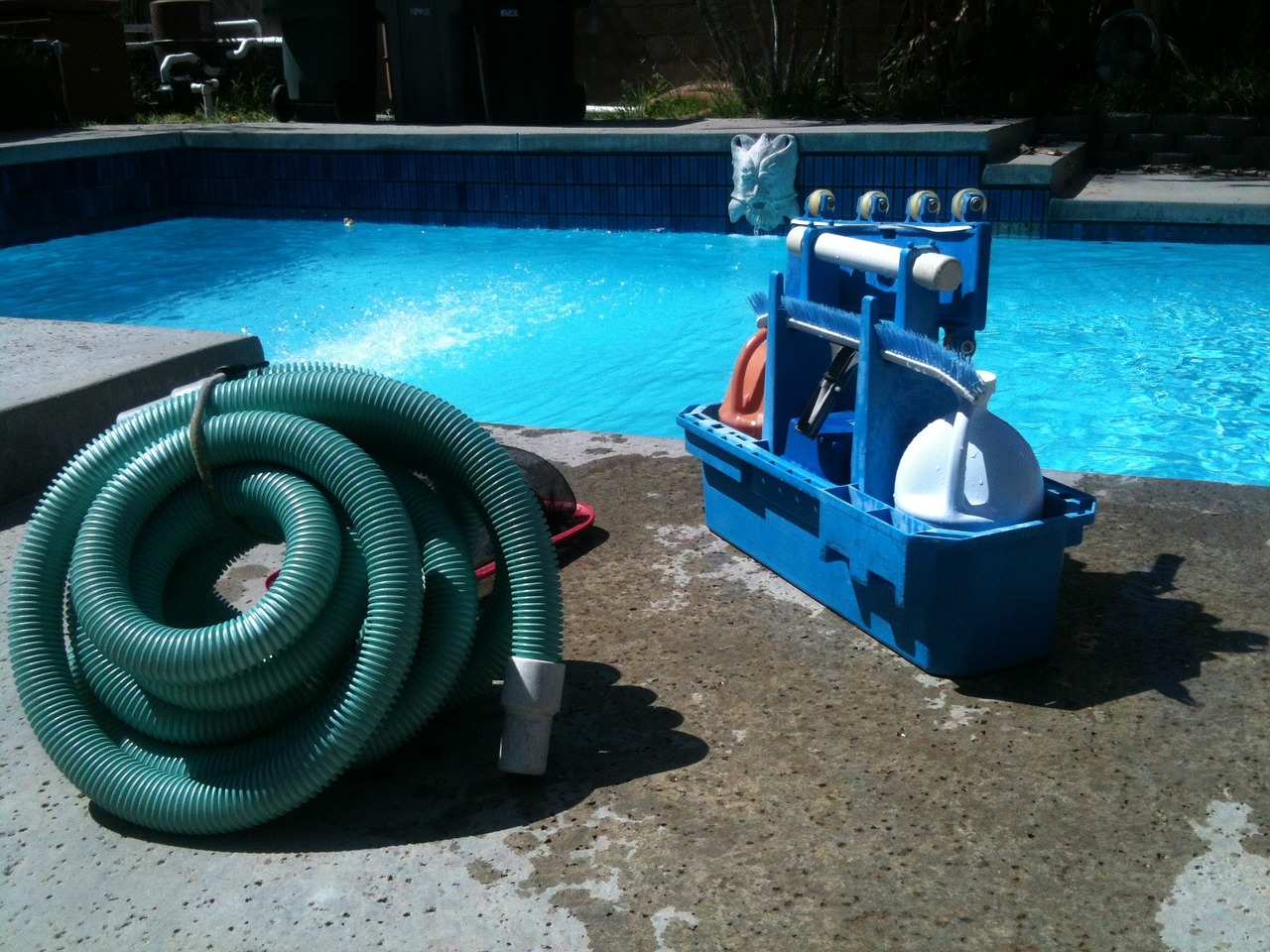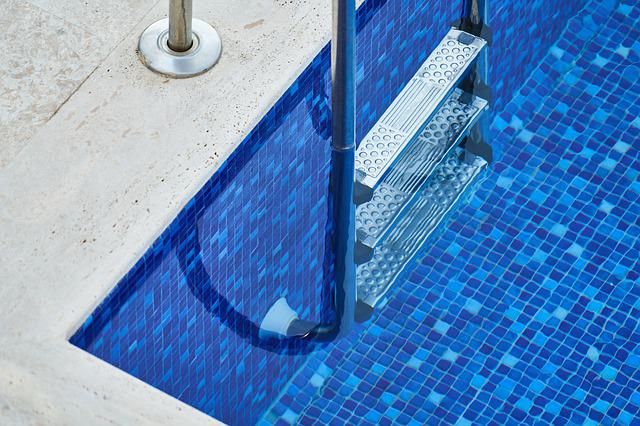Pool Cleaning Techniques and Equipment
A clean and well-maintained pool is essential for a safe and enjoyable swimming experience. To achieve this, pool owners need to familiarize themselves with various pool maintenance and cleaning techniques so they can invest in the right equipment. In this article, we will explore different methods of pool cleaning and discuss the equipment required for each approach.
Skimming and Surface Cleaning
Skimming the pool's surface is the first line of defense against debris such as leaves, insects, and other floating objects. A long-handled pool skimmer or leaf net is a basic but indispensable tool for this task. By removing debris regularly, you can prevent them from sinking to the bottom of the pool and causing additional cleaning challenges.
Vacuuming and Brushing
While skimming takes care of the surface, vacuuming and brushing are necessary to clean the pool's walls, floor, and hard-to-reach areas. Pool vacuums come in various types, including manual, automatic, and robotic models. Manual vacuums require physical effort, as they are connected to a telescopic pole and operated by hand. Automatic and robotic vacuums are more convenient, as they move autonomously, sucking up dirt and debris as they go. Additionally, pool brushes are essential for scrubbing the walls and dislodging algae or dirt build-up.

Backwashing and Filter Maintenance
To ensure optimal filtration and water circulation, it's crucial to maintain the pool's filter system. Sand, cartridge, and diatomaceous earth (DE) filters are commonly used in pools. These filters trap impurities and need regular cleaning or backwashing to remove accumulated debris. Backwashing involves reversing the water flow through the filter, flushing out trapped particles. Additionally, filter media replacement and periodic cleaning of filter elements are necessary for efficient filtration.
Chemical Balance and Water Testing
Maintaining proper water chemistry is vital for pool cleanliness and bather safety. Regular testing of the water's pH, chlorine or sanitizer levels, alkalinity, and calcium hardness is crucial. Various testing kits are available, including test strips and liquid test kits, to measure these parameters accurately. Once tested, adjustments can be made using appropriate chemicals, such as pH increasers or reducers, chlorine or sanitizers, and alkalinity balancers.
Shock Treatment and Algae Prevention
Even with regular maintenance, pools may still encounter algae blooms or bacterial growth. Shock treatment is a process of adding a high concentration of chlorine or non-chlorine shock to the water to eliminate organic contaminants and restore water clarity. It is recommended to shock the pool regularly or after heavy usage, rainstorms, or algae outbreaks. Algaecides can also be used as a preventive measure to inhibit the growth of algae.
Tile and Grout Cleaning
Pool tiles and grout lines can accumulate dirt, mineral deposits, and algae over time. Regular cleaning is necessary to maintain their appearance and prevent potential damage. A pool tile brush or a specialized tile and grout cleaner can be used to scrub away stains and deposits. In some cases, a pumice stone or abrasive pad may be required to remove stubborn build-up.
Pool Cover Maintenance
Pool covers play a vital role in keeping debris out and reducing water evaporation. Regular maintenance of pool covers is essential to ensure their longevity and effectiveness. Depending on the type of cover, cleaning can involve hosing off debris, scrubbing with mild detergent, and proper storage when not in use.

Equipment Maintenance
In addition to cleaning the pool itself, it is important to maintain the cleaning equipment. Skimmer nets, brushes, and vacuum heads should be rinsed after use to remove debris and prevent clogging. Hoses and connections for vacuum systems should be checked for leaks or damage. Proper storage of equipment in a clean and dry area is essential to prevent damage and prolong their lifespan.
Professional Pool Cleaning Services
While some pool owners prefer to handle pool maintenance themselves, others may choose to hire professional pool cleaning services. These services typically offer comprehensive pool cleaning, maintenance, and equipment inspection. Professional cleaners have the expertise and specialized equipment to ensure thorough and efficient cleaning, as well as identify any potential issues with the pool or its equipment.
Regular Maintenance Schedule
To keep the pool in optimal condition, it is crucial to establish a regular maintenance schedule. This schedule should include tasks such as skimming, vacuuming, brushing, backwashing, and water testing. By following a consistent maintenance routine, pool owners can prevent the accumulation of dirt and debris, maintain proper water chemistry, and address any potential problems in a timely manner.
Conclusion
In conclusion, pool cleaning techniques and equipment play a vital role in maintaining a clean and enjoyable swimming environment. Skimming and surface cleaning, vacuuming and brushing, backwashing and filter maintenance, chemical balance and water testing, shock treatment and algae prevention, tile and grout cleaning, pool cover maintenance, equipment maintenance, professional pool cleaning services, and establishing a regular maintenance schedule are all important aspects of pool cleaning.
By investing in the right equipment and adopting effective cleaning techniques, pool owners can ensure that their pools remain clean, safe, and inviting. Regular maintenance not only enhances the pool's aesthetic appeal but also contributes to its longevity and prevents potential issues. Whether you choose to take on the cleaning tasks yourself or rely on professional services, prioritizing pool maintenance will result in a sparkling and refreshing pool for you and your family to enjoy throughout the swimming season.